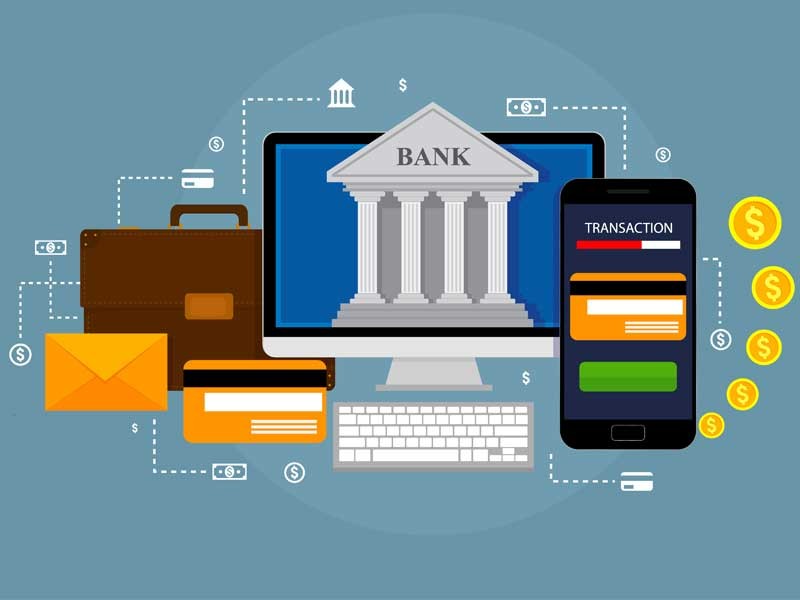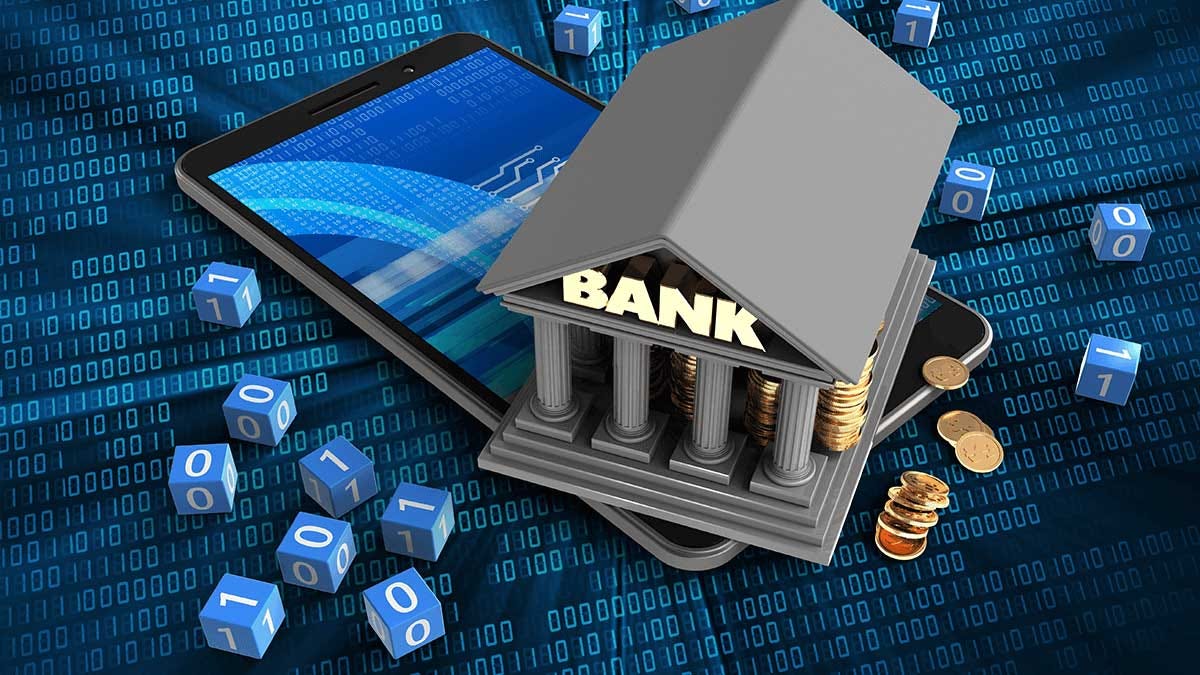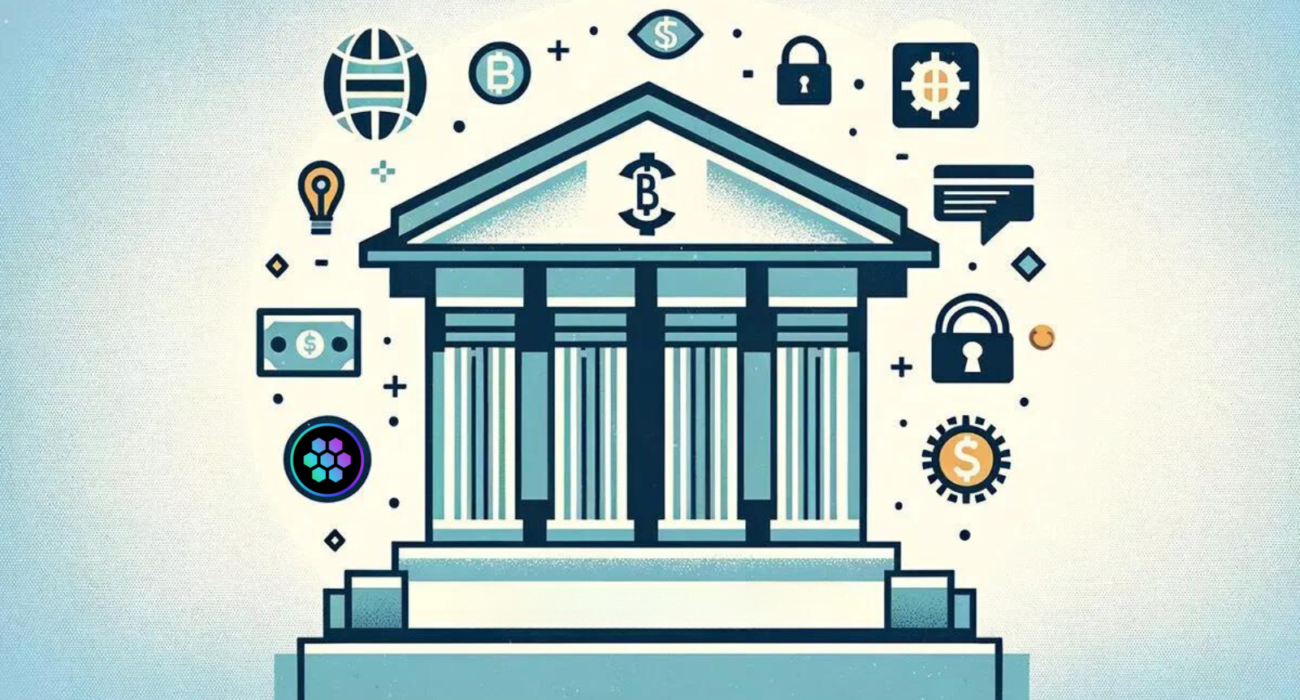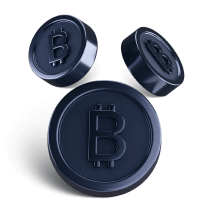In today’s rapidly evolving financial landscape, digital currencies are making significant strides, challenging traditional banking systems. “SRP Coin vs. Traditional Banking” explores this dynamic comparison, highlighting the advantages and limitations of each. Understanding these differences is crucial for anyone interested in the future of finance and digital currencies.
What is SRP Coin?
SRP Coin is a revolutionary digital currency designed to leverage blockchain technology for secure, efficient transactions. With a foundation in Decentralized Physical Infrastructure Networks (DePIN) and Play-to-Earn (P2E) gaming, SRP Coin offers a unique blend of practical applications and financial opportunities.
Technology Behind SRP Coin
SRP Coin utilizes advanced blockchain technology, ensuring transparency and security. The integration of DePIN allows for decentralized infrastructure, reducing reliance on centralized entities. Additionally, P2E gaming fosters an engaging ecosystem where users can earn SRP Coins through gameplay.
Unlock the future of finance with SRP’s decentralized network: higher returns, greater transparency, and full control over your investments!
Key Features and Benefits of SRP Coin
SRP Coin boasts several key features:
- Decentralization: Eliminates the need for intermediaries.
- Security: Blockchain ensures robust security.
- Efficiency: Fast and cost-effective transactions.
- Transparency: Public ledger for all transactions.
- User Empowerment: Full control over digital assets.
Overview of Traditional Banking
Traditional banking involves financial institutions that provide various services, including savings accounts, loans, and payment processing. These banks are regulated entities that play a crucial role in the global economy.
How Traditional Banks Operate
Traditional banks operate through a centralized system, where all transactions and records are maintained by the bank itself. This system requires extensive regulatory compliance and offers a range of financial products to consumers and businesses.
Services Offered by Traditional Banks
Traditional banks provide:
- Savings and checking accounts
- Loans and mortgages
- Payment and transfer services
- Investment products
Comparison: SRP Coin vs. Traditional Banking
Accessibility
SRP Coin provides global accessibility without the need for physical branches, making financial services available to anyone with internet access. Traditional banks, however, often have geographical limitations and bureaucratic processes.
Transaction Speed
Transactions with SRP Coin are instantaneous, thanks to blockchain technology. In contrast, traditional banking transactions can be slow, often taking several days to process, especially for international transfers.
Fees and Costs
SRP Coin transactions typically incur lower fees compared to the various charges associated with traditional banking services, such as maintenance fees, transfer fees, and currency conversion costs.
Security
The blockchain ensures that SRP Coin transactions are secure and immutable. Traditional banks also implement robust security measures, but they remain vulnerable to cyber-attacks and fraud due to their centralized nature.
Transparency
SRP Coin offers a transparent ledger where all transactions are publicly recorded. Traditional banks, on the other hand, often lack transparency, which can lead to trust issues among customers.
Control and Ownership
With SRP Coin, users have full control over their assets without reliance on intermediaries. Traditional banking systems involve banks having significant control over customers’ funds and imposing restrictions.
Innovation and Technology
SRP Coin continuously integrates cutting-edge technology, driving innovation in the financial sector. Traditional banks, however, are often slow to adopt new technologies, hindering their ability to innovate quickly.
Use Cases
SRP Coin
- P2E Gaming: Players earn SRP Coins by participating in games.
- Microtransactions: Ideal for small, frequent transactions.
- Remittances: Efficient and cost-effective for sending money across borders.
Traditional Banking
- Loans and Mortgages: Providing financial support for major purchases.
- Savings Accounts: Offering a safe place to store money with interest.
- Payment Services: Facilitating everyday transactions and bill payments.
Benefits of SRP Coin over Traditional Banking
- Cost Efficiency: Lower transaction fees and operational costs.
- Greater Financial Inclusion: Accessible to anyone with an internet connection.
- Enhanced Security and Privacy: Robust blockchain technology protects users.
- Empowerment Through Decentralization: Users maintain full control over their assets.
Challenges and Risks
SRP Coin
- Regulatory Challenges: Navigating the evolving regulatory landscape.
- Market Volatility: Prone to significant price fluctuations.
- Adoption Barriers: Overcoming skepticism and lack of understanding.
Traditional Banking
- Centralized Control: Vulnerable to systemic risks.
- High Operational Costs: Maintaining physical branches and compliance.
- Vulnerability to Economic Crises: Impacted by economic downturns and policy changes.
Future Outlook
Predictions for the Future of SRP Coin
SRP Coin is poised for significant growth, driven by increasing adoption and technological advancements. Its potential partnerships and integrations within various industries suggest a promising future.
Evolution of Traditional Banking
Traditional banks are likely to evolve by incorporating more digital solutions to stay competitive. This may include adopting blockchain technology and offering more innovative financial products.
Potential for Coexistence and Collaboration
There is potential for SRP Coin and traditional banking to coexist, with traditional banks integrating blockchain solutions and digital currencies into their services, leading to a more inclusive and efficient financial ecosystem.
Conclusion
In conclusion, the comparison between SRP Coin and traditional banking highlights the strengths and weaknesses of each system. SRP Coin offers significant advantages in terms of accessibility, transaction speed, and cost efficiency. However, both systems have their unique challenges. As the financial landscape continues to evolve, SRP Coin represents a promising future, encouraging investors to explore its potential today and seize the golden opportunity. Investing in SRP Coin now could be a strategic move towards embracing the future of finance.

 China
China Russia
Russia India
India









